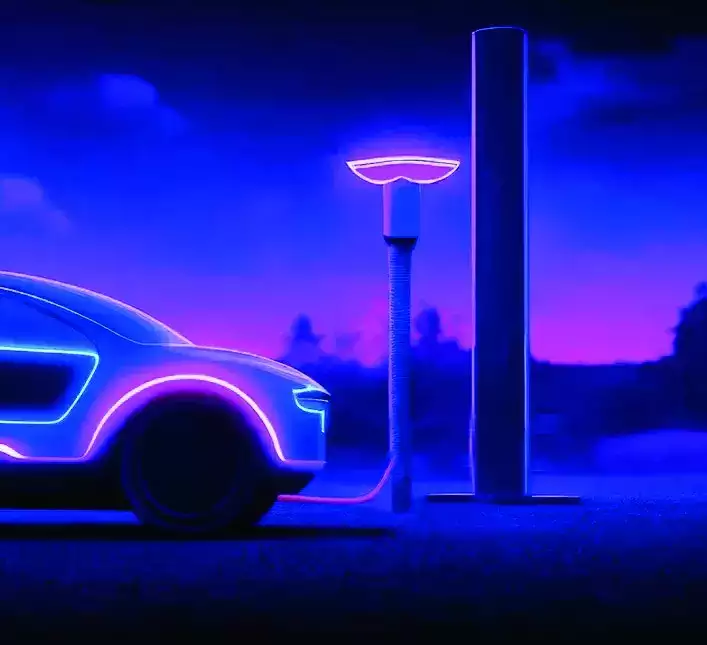
Consultations are also on with stakeholders on another key issue troubling carmakers.
Govt Preparing SOPs
The government may potentially consider investments in plants producing both internal combustion engine and electric vehicles as eligible for incentives to add scale and make large investments viable for automakers, the people said. About half a dozen carmakers such as Volkswagen-Skoda, Hyundai-Kia and VinFast have expressed interest in the new policy, the Scheme for Manufacturing of Electric Cars (SMEC), the people said.
Automakers have flagged two major concerns -- that the scheme should consider current investments and include plants producing petrol and diesel cars along with EVs, since the latter currently have a small share of India’s passenger vehicle market, which doesn’t justify high investments. No automaker has yet made any official comment on participating in the EV scheme since it was announced on March 15.
Under the SMEC, the government said it will allow imports of completely built-up EVs having a minimum cost, insurance and freight value of USD 35,000 at 15% import duty for up to five years if companies invest at least USD 500 million in building new plants.
In April, Tesla CEO Elon Musk abruptly deferred a trip to India during which he was to meet Prime Minister Narendra Modi, government officials and spacetech executives. Musk was expected to announce Tesla’s plan to set up an EV factory in India, during the trip.
“With the American carmaker unlikely to make a commitment towards setting up a local factory near-term, consultations are on with industry stakeholders to make the scheme more amenable also for legacy players, which could also include giving a go-ahead for investments in facilities manufacturing both internal combustion engine and electric vehicles,” said one of the persons cited above.
The initial guidelines under SMEC said only companies investing in greenfield plants for EV manufacturing within three years of getting government approval would be eligible for incentives. There is currently no provision to consider investments retrospectively for local production of EVs.
“Initially, the scheme was designed for newer companies making EVs. Consultations are on to see if the scheme could be made more attractive now even for traditional companies,” a senior official aware of the development said, adding, “among the tweaks being considered is to specify a backdate for investments being made in indigenous manufacturing of high-end EVs”.
A cut-off date for investments prior to getting government nod would make firms like VinFast eligible for incentives under SMEC. The Vietnamese carmaker has already started building a new plant in Tamil Nadu and announced plans to invest $500 million over five years in India.
The Centre is currently preparing standard operating procedures for implementing SMEC.
A second official in the know said, “Some legacy companies who are interested in the scheme have raised concerns about the quantum of investment specified in EV-only facilities. The market for high-end electric vehicles, priced upwards of INR 25 lakh, is very small in India. To commit investments of INR 4,000 crore, one needs scale, and scale ends at INR 25 lakh in the Indian market.”
Restricting SMEC to solely greenfield EV plants was largely aimed at accurately assessing the localisation of content by companies. Under the scheme, companies are currently required to roll out electric cars with local content of 25%, increasing to 50% by the fifth year.
Auto companies and component makers will be required to calculate domestic value addition (DVA) across their supply chain and present these details to vehicle testing agencies for assessment.
Disclaimer: The copyright of this article belongs to the original author. Reposting this article is solely for the purpose of information dissemination and does not constitute any investment advice. If there is any infringement, please contact us immediately. We will make corrections or deletions as necessary. Thank you.





